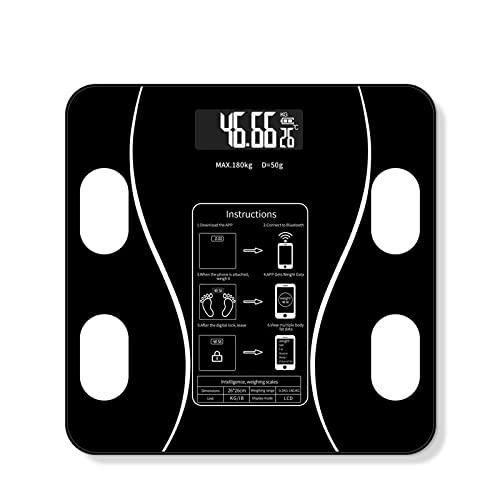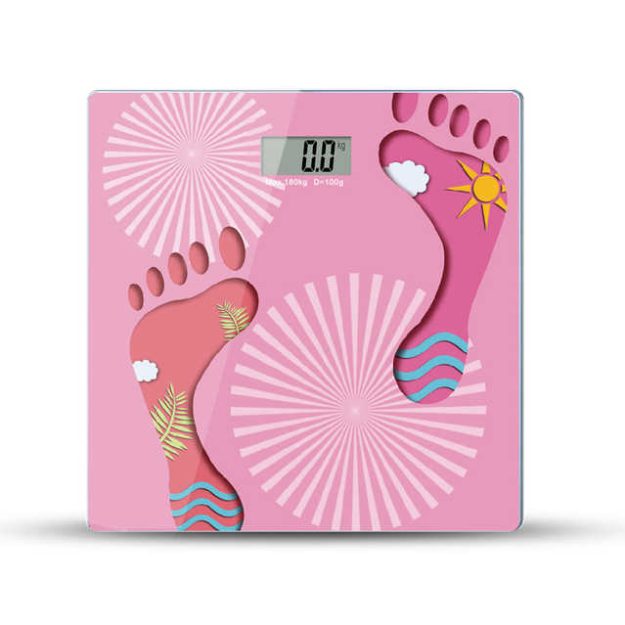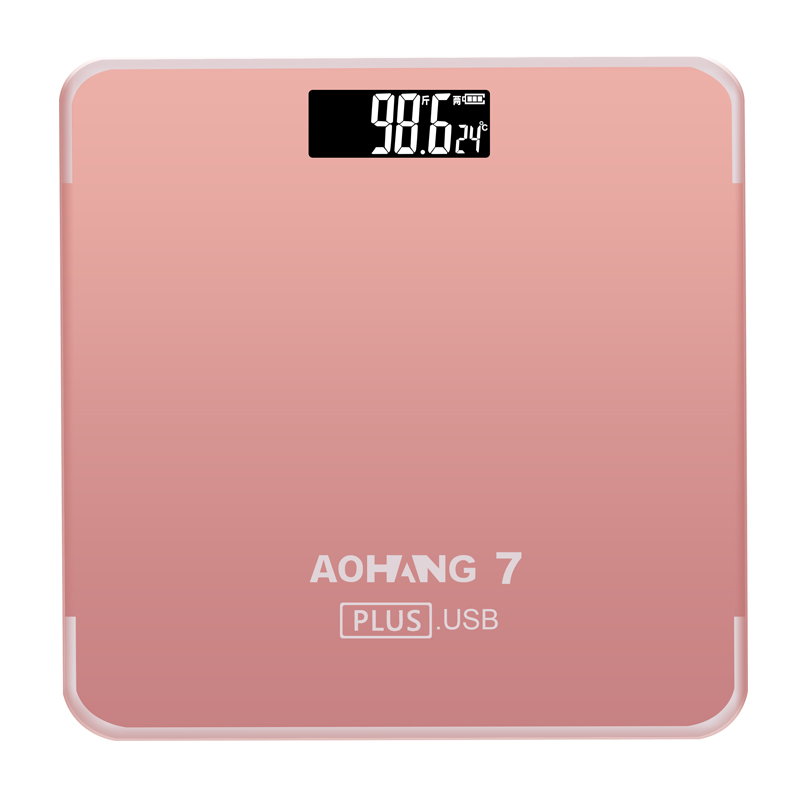�Body Height And Weight Scales. Body height and weight scales are essential tools used in various
settings, including medical facilities, fitness centers, schools, and even homes.
These scales provide accurate measurements of a person’s height and weight, which are crucial for
monitoring health, assessing physical development, and tracking fitness progress.
This comprehensive guide will cover the importance of these scales, the different types available, key
features to consider, top models on the market, and tips for making the best purchase.
Importance of Body Height and Weight Scales
- Health Monitoring: Accurate height and weight measurements are fundamental for monitoring an individual’s health status. These measurements are used to calculate Body Mass Index (BMI), a critical indicator of healthy weight, and to track changes in body weight over time.
- Medical Diagnostics: In medical settings, precise height and weight measurements are essential for diagnosing health conditions, determining appropriate treatment plans, and prescribing correct medication dosages based on body weight.
- Fitness and Wellness: For fitness enthusiasts and trainers, height and weight scales are valuable tools for tracking fitness progress, setting goals, and assessing overall physical health. Accurate measurements help in designing effective workout and nutrition plans.
- Child Development: Regular measurement of height and weight in children is vital for tracking their growth patterns and ensuring they are developing healthily. Deviations from normal growth patterns can be early indicators of health issues that need attention.
- Nutritional Assessment: Dietitians and nutritionists rely on accurate weight measurements to assess nutritional status and design dietary plans tailored to individual needs. Monitoring weight helps in evaluating the effectiveness of dietary interventions.
Types of Body Height and Weight Scales
- Digital Scales: These scales use electronic sensors to provide precise measurements. They often come with advanced features such as BMI calculation, data storage, and connectivity options to health apps or systems.
- Mechanical Beam Scales: Traditional beam scales use a balance beam and sliding weights to measure weight. Known for their durability and reliability, they are commonly used in medical facilities.
- Column Scales with Stadiometers: These scales combine weight measurement with an integrated height rod, allowing for simultaneous measurement of height and weight. They are ideal for medical and fitness settings.
- Wheelchair Scales: Designed for patients who cannot stand, these scales accommodate wheelchairs and provide accurate weight measurements by subtracting the wheelchair’s weight.
- Infant Scales: Specifically designed for measuring the weight and length of infants, these scales feature safety trays to hold the baby securely during measurement.
- Portable Scales: Lightweight and easy to transport, portable scales are ideal for home visits, fieldwork, and any setting where mobility is necessary.
Key Features to Consider
- Accuracy and Precision: Ensure the scale provides accurate and precise measurements. Digital scales with high-precision sensors are often more reliable.
- Weight Capacity: Check the maximum weight capacity of the scale to ensure it meets the needs of all potential users.
- Height Measurement Range: For scales with stadiometers, verify the height measurement range to ensure it can accommodate users of all heights.
- Ease of Use: Look for scales with user-friendly interfaces, clear digital displays, and straightforward operation.
- Durability: Scales should be made of robust materials to withstand regular use, especially in busy medical or fitness environments.
- Safety Features: Non-slip platforms, handrails, and stable designs are essential for ensuring user safety during measurement.
- Connectivity: Features like Bluetooth or Wi-Fi allow scales to sync with health monitoring apps or electronic health records (EHR) systems, providing seamless data tracking.
- Portability: If the scale needs to be moved frequently, consider its weight and whether it comes with a carrying case for easy transportation.
Top Models of Body Height and Weight Scales
- Seca 769 Digital Column Scale
- Description: A versatile digital column scale with an integrated stadiometer, ideal for medical and fitness use.
- Key Features: High-precision sensors, BMI calculation, large digital display, robust construction, portable design.
- Detecto 339S Mechanical Beam Scale
- Description: A classic mechanical beam scale known for its accuracy and durability, with an attached height rod.
- Key Features: Durable steel construction, easy-to-read dual beam, height rod for simultaneous measurement, non-slip platform.
- Health O Meter 402KL Wheelchair Scale
- Description: Designed for patients in wheelchairs, this scale provides accurate weight measurement with a tare function.
- Key Features: High weight capacity, easy access ramps, digital display, tare function, stable platform.
- Tanita BD-590 Baby Scale
- Description: A precise infant scale with a safety tray, perfect for pediatric use.
- Key Features: Contoured tray for infant safety, precise digital measurements, compact design, easy-to-clean surface, tare function.
- Omron HBF-514C Body Composition Monitor
- Description: A digital scale that provides comprehensive body composition analysis, suitable for fitness and wellness.
- Key Features: Measures weight, body fat, visceral fat, BMI, and more, large display, multiple user profiles, sleek design.
Tips for Buying Body Height and Weight Scales
- Determine Your Needs: Consider where and how the scale will be used. Medical facilities may require high-capacity, highly accurate models, while home users might prioritize portability and ease of use.
- Check Reviews: Look for reviews and ratings from other users to gauge the reliability and performance of the scale.
- Consider the Brand: Established brands often provide better customer support and warranty options.
- Set a Budget: While it is important to invest in quality, ensure that the scale fits within your budget.
- Test Before Buying: If possible, test the scale in-store to ensure it meets your expectations in terms of accuracy and ease of use.
- Look for Additional Features: Extra features like BMI calculation, data storage, and connectivity can add value and enhance the functionality of the scale.
Conclusion
Body height and weight scales are indispensable tools in various settings, including medical facilities,
fitness centers, schools, and homes.
Whether you need them for monitoring patient health, tracking fitness progress, or assessing child
development, choosing the right scale is crucial.
By considering factors such as accuracy, durability, ease of use, and additional features, you can find the perfect scale to meet your needs.
Investing in a high-quality body height and weight scale ensures accurate measurements, contributing to
better health monitoring and improved outcomes.
With the right scale, you can track vital health metrics accurately and efficiently, helping to maintain and
improve overall health and well-being.
We are located at University Plaza Room A18 Bombo Rd, Wandegeya – Kampala
For more details please contact us on ; +256 (0) 700225423
+256 (0) 787089315
Or email us at:[email protected]







